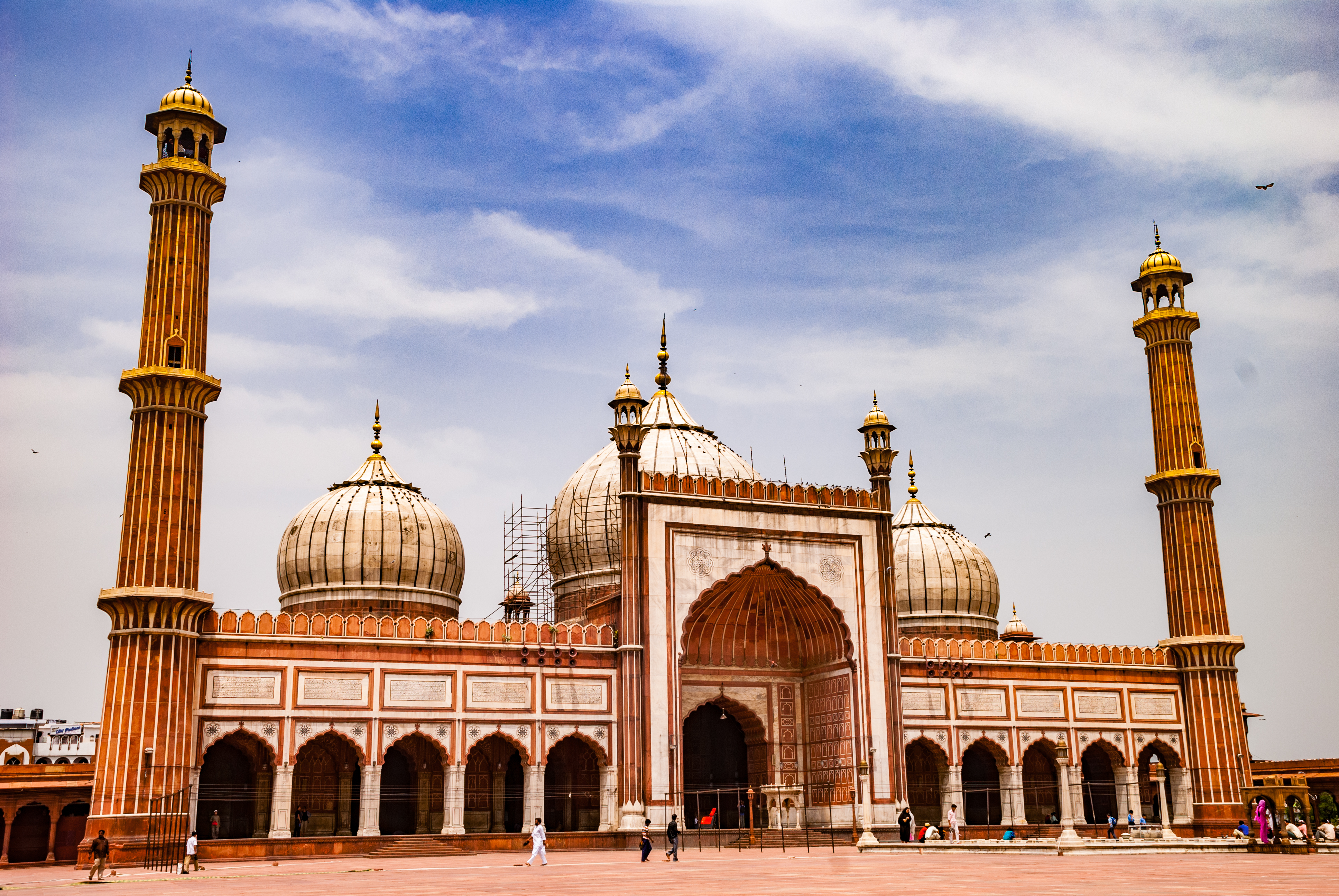A masjid, derived from the Arabic term “masjid,” holds a profound significance in Islam as a place of prostration and communal worship. The term itself is deeply rooted in the act of submission to the will of God, symbolized by the physical act of kneeling and touching the forehead to the ground during prayer. In essence, the masjid is more than just a physical structure; it is a spiritual space that serves as the focal point for the Muslim community.
Exploring the Significance of Masjid: A Place of Prostration and Community

The word “mosque” is the English equivalent of masjid, representing a place of Muslim worship akin to a church, synagogue, or temple in other faiths. However, the core essence of a masjid goes beyond its architectural significance; it is a sanctuary for spiritual reflection, prayer, and a symbol of unity among Muslims.
Origin of the Mosque:
The evolution of the term “masjid” reflects its primary purpose — a space designated for the act of prostration in prayer. As Muslims engage in the ritualistic bowing down and touching their foreheads to the ground, they express their submission (Islam) to the divine will. This profound act of humility is central to Islamic teachings, and the mosque serves as the designated venue for this spiritual practice.
Masjid as a Community Center:
Beyond its role as a place of worship, the masjid is considered the community center for Muslims. Referred to as a “Masjid” in Arabic, it serves as the nucleus of the Muslim family and community. Daily prayers, performed five times a day, are a fundamental aspect of Islamic practice, and the masjid becomes the gathering point for these communal acts of worship.
The masjid, therefore, becomes more than just a physical structure; it becomes a hub for social interaction, education, and cultural exchange within the Muslim community. It fosters a sense of belonging and unity among its members, transcending geographical, cultural, and ethnic boundaries.
The Significance of Salah:
Central to the activities within the masjid is the performance of salah, a special form of worship that stands as the second most important pillar of Islam after the shahada (testimony of faith). Salah is an obligatory form of prayer performed five times a day, as revealed in the Holy Qur’an and taught by Prophet Muhammad (peace be upon him).
The act of congregational prayer in the masjid enhances the sense of community and reinforces the spiritual bonds among Muslims. It is not merely a ritual but a profound expression of devotion and connection to the divine.
In conclusion, the masjid stands as a sacred space where Muslims come together to prostrate in prayer, affirming their submission to the divine will. It transcends its role as a physical structure to become a vibrant community center, fostering unity, spirituality, and a sense of belonging among its members. As a “place of prostration,” the masjid serves as a constant reminder of the core principles of Islam — submission, devotion, and communal worship.
